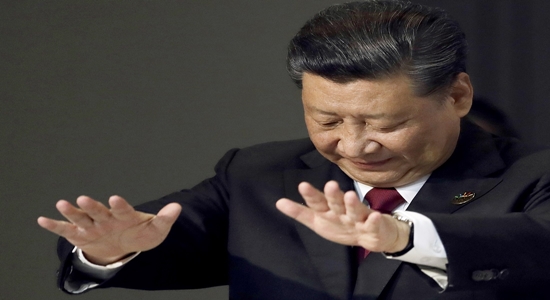
One of the most dangerous things you can do in China, says Yaqiu Wang, is criticize Xi Jinping, dictator of China (“As US Tech Firms Bow to China’s Censorship, Chinese Users Risk Everything to Defy It,” The Diplomat, April 27, 2024).
Apple’s removal of the Meta apps, which were already blocked in China and only accessible through the use of a virtual private network (VPN), is just the latest of many known instances of the company’s willing compliance with the CCP’s censorship and surveillance demands. Since 2017, Apple has taken down hundreds of VPNs from its China app store, making it much more difficult for people in the country to circumvent censorship and access prohibited information. The firm has also removed the apps of international news outlets and human rights organizations, and banned its devices sold in China from being customized with engravings that include words such as “human rights” and “democracy.”
Meanwhile, even though it is one of the most dangerous things one can do in China, Chinese people, both famous and obscure, continue to criticize Xi Jinping. Real-estate tycoon Ren Zhiqiang, who called Xi a “clown,” has been serving an 18-year prison sentence since 2020. Poet Zhang Guiqi, who urged Xi to step down, was sentenced to six years in prison in 2022. In 2023, prominent human rights activist Xu Zhiyong, who called on Xi to resign because he is “just not smart enough,” was given a 14-year sentence.
Even the wispiest of online jabs at Xi, including formerly innocuous phrases that do not mention him by name, are promptly scrubbed. A leaked document from 2016 indicates that “at least 35,467 phrases alluding to Xi were censored,” a number that can only have grown.
During China’s COVID-19 lockdown, authorities in Beijing announced that that “a [COVID-19-infected] woman in Beijing caused 2,700 people to be restricted temporarily.” After an anonymous wit replied that “a man in Beijing caused 1.4 billion people to be restricted long-term,” a remark that went viral, a new forbidden phrase was born: “a man in Beijing.”





